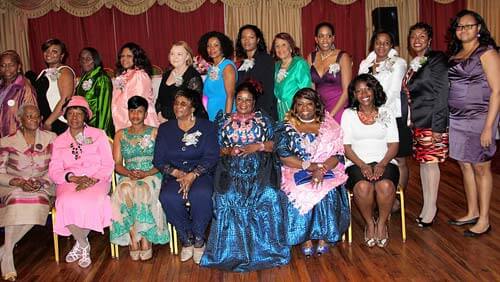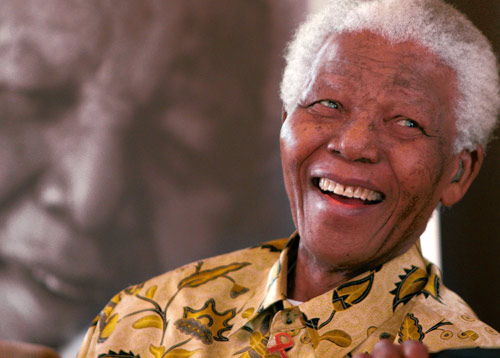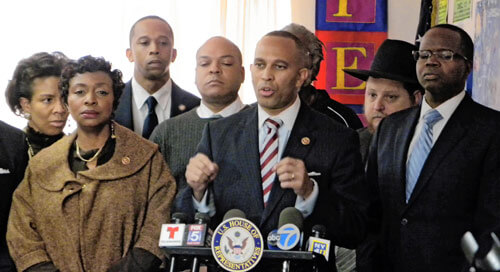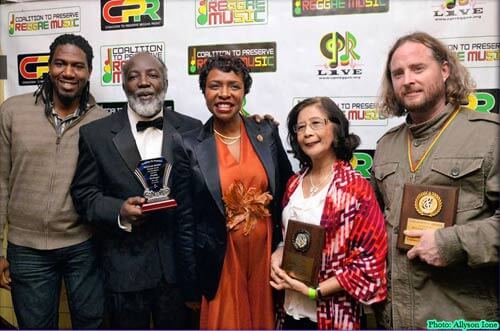The Congressional Black Caucus (CBC) on Tuesday launched a new taskforce that will focus on the upcoming 2020 Census and the legacy of under counting the African American community.
CBC said its members will meet with stakeholders and leading professionals to discuss “the current state of play.”
“The caucus will also discuss the tools required for effective outreach to hard-to-count communities across the United States,” said CBC in a statement.
The taskforce will be led by Congressman Steven Horsford (D-NV).
“This time around, we are facing a big question regarding how the census is going to be administered in 2020 under the Trump Administration,” said Congresswoman Karen Bass, CBC chair. “With the census becoming digital, can you imagine working families receiving a postcard telling them to go online to fill out their census form? Many Americans might not have access to a computer or broadband services. That is why the Black Caucus is taking the lead to begin the work now.”
Through this taskforce, and under Horsford’s leadership, Bass said the Black Caucus will meet with African American leaders from around the country “to discuss the current state of play and the tools needed for effective outreach to hard-to-count communities.”
“Our community must be counted,” Bass said.
Horsford said the US Constitution declares that “we must count all persons in this country.”
“The Trump administration has taken coordinated action specifically to discourage and frighten people away from participating in the 2020 census; and now, we are fighting back,” he said. “I am taking part in this taskforce for my constituents in Nevada.
“Undercounting urban communities like mine can result in an unfair distribution of congressional seats and deny communities of color, specifically Black communities, access to representation in Congress,” he said. “We only get one chance every 10 years to get this right. Let’s make it count.”
Congresswoman Yvette Clarke (NY-09) said vital services for each community are directly tied to census counts.
“I must act as a leader to ensure every person is counted on the 2020 Census, which is why I am proud to join the CBC’s Census Task Force,” she said.
“We already know that Black communities are undercounted, underscored by the fact that my district, NY-09, has one of the hardest-to-count districts in America.
“We must empower Black communities to understand the power of filling out the census, so each community receives access to critically-needed resources in their backyards,” she added.
Clarke said the legacy of undercounting African Americans in the census dates to the first census count in 1790.
During the writing of the US Constitution in 1787, she noted that delegates debated over the number of seats in the House of Representatives.
In 1790, a compromise between the northern and southern states resulted in a decision for enslaved Africans to be counted as three-fifths of a person for congressional representation and taxation.
Clarke said African Americans are still undercounted in the census in current times.
Pointing to statistics from the Decennial Statistics Studies Division of the Department of Commerce, she said that, in 1990, the agency estimated “a net undercount of about four percent for African Americans.”
This number was lowered to “two percent – around 800,000 people – in the 2000 census, but the most recent Census in 2010 showed no significant change to the black undercount, despite the net undercount being the lowest it had been in history,” Clarke said.
She said that, every decade, the US Constitution requires a census count of every resident in every household, “adding that an accurate count is critical to the foundation of our democracy.”
Clarke said data gathered by the census is used to determine how many congressional seats and electoral college votes each state receives, as well as the drawing of federal, state and local government legislative boundaries.
She said this data is also used to direct over $800 billion annually in federal dollars to states and local communities that impact health care services, housing, schools, and economic development plans, among other priorities.
“There is a perennial concern about black households getting undercounted in the census,” Clarke said.
During the last count in 2010, she said African Americans were undercounted by over 800,000.
“Therefore, some African Americans may also live in communities where the political districts do not reflect their policy needs,” Clarke said. “Moreover, undercounting African Americans in the 2020 census could have real consequences because African-American children and families are disproportionately affected by poverty and federal programs designed to alleviate the impact of poverty.”
























